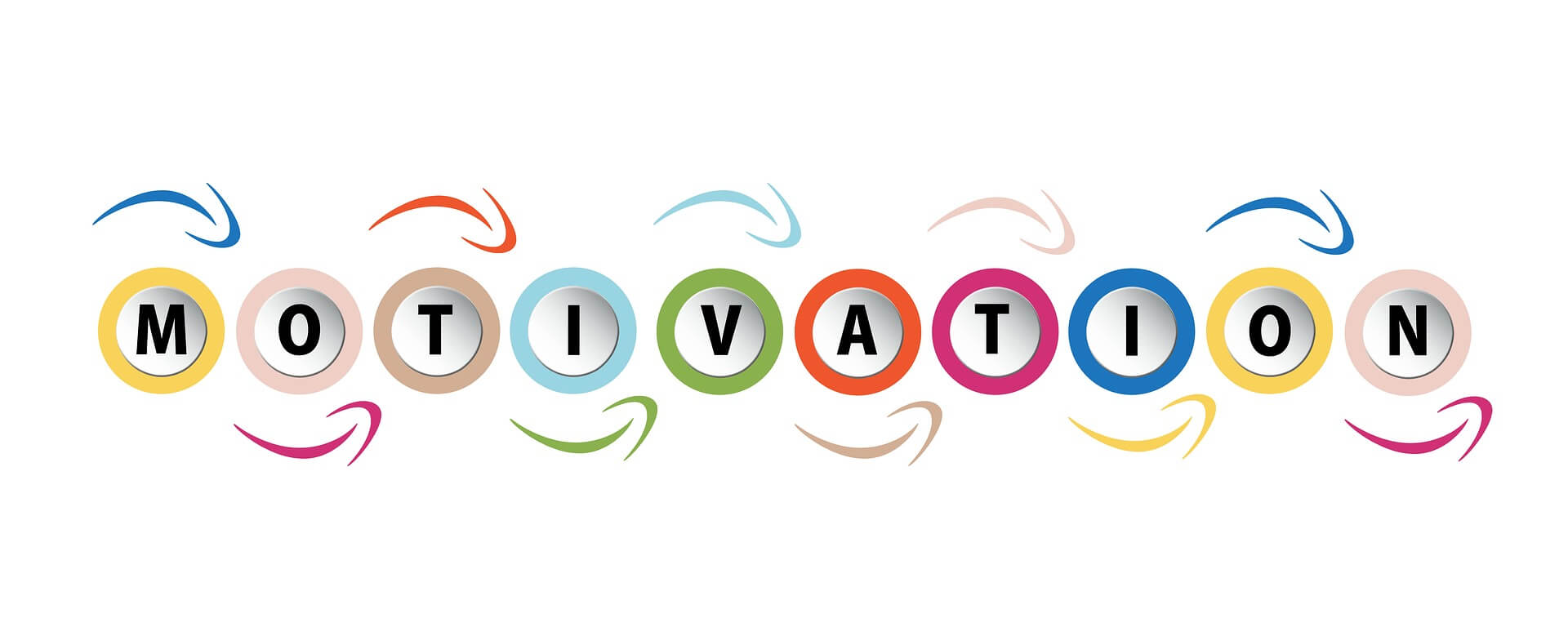How to Motivate Your Millennial Employees for Retention

Millennials Largest Generation in the Workforce
It is also important to note that millennials are the largest generation in the workforce, according to the Pew Research Center. As of three years ago, 56M millennials were working or looking for work. This is more than the 53M Gen Xers, who had accounted for a third of the labor force. Baby Boomers only represented one quarter of this total. Millennials had surpassed Gen Xers back in 2016. This data calls into mind what happens when employers are not providing what this generation is seeking. More than half- 66%- of millennials think they will leave their current employer sometime this year. As an employer, if your millennial turnover is high, you should be asking yourself why.
As a Career Coach and a HR Consultant, I am seeing businesses set themselves up for failure. These are talented candidates, some of which I have seen go after Director-level roles at younger ages than others previously- and achieve their goal of getting the job. Some of them fully realize how much they are capable of when they also earn a salary increase in some instances. Nearly a third of millennials say they’ll be chasing higher salaries at another employer five years from now.
Most professionals that I interact with express that their professions and roles give them a sense of meaning and purpose each day. So, what happens when that meaning, and purpose starts to go away due to feeling stagnant, lack of growth opportunities, or lack of flexibility?


What Happens When Your Employees No Longer Feel Motivated?
Once the motivation has been lost, it will start to harm the workplace, clients/ business, and the morale of other employees. It can start to become like an infection that harms the culture as well. Let’s look at some reasons why your employees may no longer feel motivated:
- Employees feel undervalued and/or underappreciated. One mistake many employers make is taking their employees for granted and assuming that they will continue to produce good, quality work. Maintaining employee motivation requires continually recognizing their efforts and good work by recognizing those efforts and showing appreciation. The appreciation should also come through more than just a paycheck.
- Employees are not given responsibilities that showcase their talents and abilities. By doing so, this does not provide opportunities for employees to demonstrate that they can do their best work or utilize their skills. However, when this happens, candidates tell me that they feel that their role is below their capabilities, which is creating frustration and driving them to look for a new position.
- The workload is not equally distributed amongst employees. If some employees believe that their workload is too much, especially if it is much more than their co-workers- this can lead to resentment. It is also important to be mindful that not all employees who believe that their workload is too much will ask for help. It is the duty of employers to be aware and pay attention without expecting employees to have be the ones to raise red flags when they’re given too much to do.
- Management is unfair, plays favorites, or ignores problems. This occurs if employees are not being treated consistently. This emphasizes the need for individual managers to be consistent within their team. Managers and/ or departments should not have discrepancies in how they enforce policies because it can lead to the appearance that some groups receive more benefits than others. If you put yourself in the other person’s shoes, it’s very easy to see how this can lead to frustration.
- Constantly shifting goal posts. One major complaint of many frustrated employees-turned-jobseekers is that the work goals change too often. This happens when an organization is constantly shifting what is valued and rewarded. By doing so, efforts to excel begin to feel pointless and futile.
- An employee will quickly turn into a jobseeker when they don’t feel that the employer trusts them. This is a big issue and can be the root of many smaller issues because if an employee feels micromanaged or believes that the employer places too many restrictions or allows too little freedom to make judicious decisions, he or she may feel as though that they are not trusted. This, in turn, will lead to a decreased level of satisfaction and morale.
It’s Not About Settling
Let’s be clear, millennials are not looking to “settle” or “settle down” and work in the same organization until retirement. That may have been their parent’s workplace ideals, but they have created their own standards. Millennials want to be a part of an organization that is growing, evolving, and improving. Some may even want to be connected with a social mission because they seek the greater good and purpose in their careers. If you haven’t started listening to this generation, then it is time to consider what they can do for your organization and develop those principles, practices, and policies in order to attract, hire, and retain millennial talent in 2020.

CAREER ADVICE

GOV TALK
